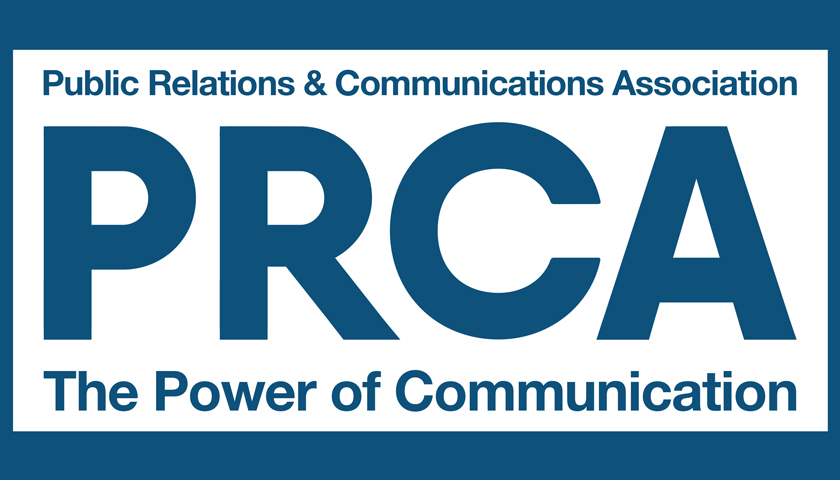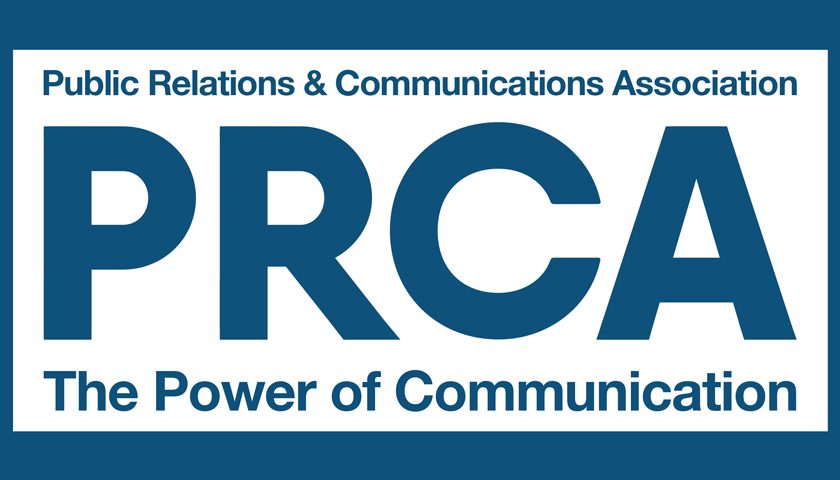The Public Relations and Communications Association (PRCA) has published the results of its flagship annual PR and Communications Census.
This year’s study combines data gathered in March and October to offer a comparative snapshot of the PR industry before and after the COVID-19 outbreak. The research, sponsored and carried out by Norstat, is based on survey responses from 1,251 PR professionals across the UK.
The 2020 Census data gathered in March shows that the industry was on course for another year of growth, having contributed £15.7bn to the economy and employed a workforce of 97,300 before the pandemic struck. While comparative post-pandemic figures aren’t yet available, this year’s Census lifts the lid on the economic realities facing the industry, with more than a third (34%) of survey respondents reporting redundancies at their organisations.
The study also evidences the scale of the challenge facing the industry’s attempts to become more racially equitable. While the number of Black and ethnically diverse professionals has increased incrementally to 12% (from 10% in 2019), professionals from these backgrounds overwhelmingly tend to occupy junior roles. Almost 9 out 10 (88%) Managing Directors identify as White British but only around half (54%) of Account Executives identify in the same way. The data shares broader diversity and social mobility challenges facing the industry, for example the number of PR professionals who attended fee-paying schools (21%) is three times the national average (7%).
This year’s research reveals the emotional cost of COVID-19 on the PR industry – more than a third (34%) say they have suffered from or been diagnosed with mental ill health. The pandemic has led to more professionals working out of hours – almost half (44%) of respondents admit to sending emails and making calls outside of work hours, which represents a 15% increase since March.
Finally, the Census reports a concerning rise in the gender pay gap, which grew from 14% in 2019 to 15% in March 2020. The most recent data gathered in October suggests the gap has risen further to 21% but this may be caused the large numbers of senior respondents who took part in the second survey.
PRCA REEB Chair Barbara Phillips MPRCA said:
“We know we are better than these latest statistics. We are the ones who convince and cajole our client’s customers and audiences to engage with products and services because they identify with a narrative. What narrative do these latest stats tell? Currently the PR and communications narrative in regard to ethnic diversity is one that urgently needs rewriting. We already have a great deal of qualitative information and these latest numbers are shocking. Let’s refresh our industry’s reputation among diverse groups and make the changes that welcomes everyone to an industry that, if you stay, can offer the most amazing experiences.”
Bibi Hilton MPRCA, WIPR President commented:
“The latest PRCA Census shows how the pandemic has disproportionately impacted women in our industry – reflecting the picture across the workforce globally where the burden of unpaid care and home schooling has had a significant impact on female employment levels. While almost the same numbers of men and women were made redundant as a result of Covid (13% men; 10% women), less than two-thirds of women (60%) are back to work full-time, compared to 75% of men, and 20% of women have gone back part-time, compared to no men who responded. It is critical as an industry that we drive flexible working, mentoring and changes to recruitment practices in order to ensure this cohort of women are not lost to the industry and we can support them into leadership to address the significant imbalance at the top.
“While it is positive to see more people saying their organisation has a good approach to D&I, 41% up from 33% in March, almost 1 in 10 (9%) people in the industry say their place of work has a poor approach. The huge shift still required to make our industry a diverse and inclusive place to work is put further into stark relief by the lack of diversity at the top with 88% of agency leaders and 80% of in-house directors identifying as white. The picture at more junior levels is more positive but we have to make the change at the leadership level or the smart, diverse talent we are recruiting will not stay in the industry without role models, support and mentors who share their lived experience and can drive a real cultural change in the organisations where they work. This is why Women in PR is committed to not only increasing the number of women in leadership roles but the diversity of those leaders.”
PRCA Director General Francis Ingham MPRCA said:
“The effects of the pandemic offer our industry the opportunity to reset our approach to diversity. For too long, our industry has recruited and promoted in its own image. There is genuine appetite for change amongst business leaders and our industry must seize this opportunity. There is no place for unethical cultures that tolerate inequality; next year will see the launch of our new diversity module within the CMS designed to raise standards across the industry. Our industry must do better – empathy and ethics must form the heart of our industry’s recovery from the pandemic.”
‘Empathy and ethics must form the heart of PR’s recovery’ – 2020 PRCA PR Census

